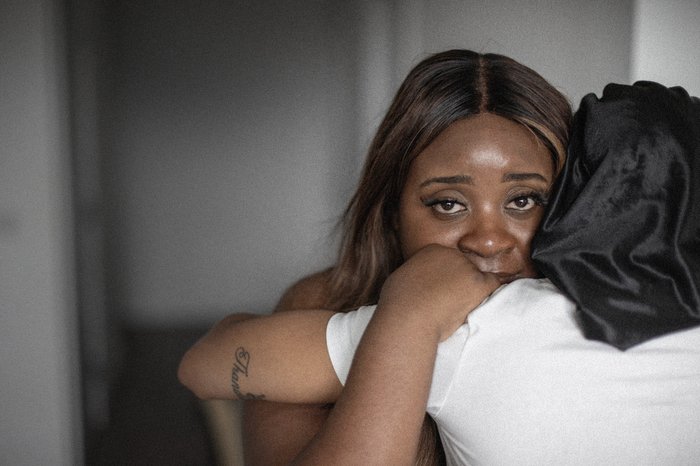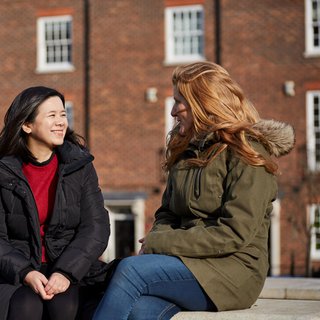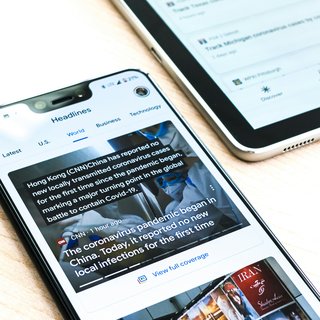Meet Mphango
Mphango was 24 when she was diagnosed with acute myeloid leukaemia, an aggressive blood cancer. Her experience shows what it takes to finally be heard, believed, and given answers.

Being young, being Black, and being female all shaped my journey. I felt alone.
- Mphango, diagnosed with acute myeloid leukaemia.
It takes naming the symptoms over and over, getting nowhere. It takes hearing the words "blood cancer" to finally get answers.
I’m Mphango, a young Black woman diagnosed with acute myeloid leukaemia (AML). Being young, being Black, and being female all shaped my journey.
It started with pain in my face and one eye looking wrong. The GP said it was nothing serious. The optician said the same. At A&E, a doctor decided it was a stye, showed me photos of white patients to “prove” there was no bruising, and sent me away - no blood test, no scan, no pain relief. I left exhausted, feeling small and unheard.
It takes wondering if you weren’t believed because you’re a young Black woman, and seeing evidence, like being shown only white faces in a Google search, that makes you question whether bias played a role.
When I moved to London, I went to A&E again. They took one look and asked why I hadn’t come sooner. The “stye” was a tumour - a rare AML complication.
Once diagnosed, I had excellent treatment: chemotherapy, midostaurin, radiotherapy to my eye. But I also faced an infection in my PICC line that put me in intensive care, unable to walk or even swallow. I lost my job, my independence, and for a while, my sense of faith.
I felt alone. None of my friends were going through this. People offered unhelpful “cures” like alkaline diets while my tribe - my real support - prayed and carried me through.
Now, I’m in remission, but as a Black woman with no siblings, a matched stem cell donor would be hard to find if I relapsed. That’s a terrifying truth.
That’s why I tell my story - so other young Black women know: it takes speaking up, insisting on tests, and finding your community. We shouldn’t have to fight so hard to be heard - but until things change, we will.
Find out what it takes
This Blood Cancer Awareness Month, sign up to receive email updates on how we'll beat blood cancer - and what you can do to support.
We will keep you updated about our work and the ways you can help, including campaigns and events. We promise to respect your privacy and we will never sell or swap your details.



